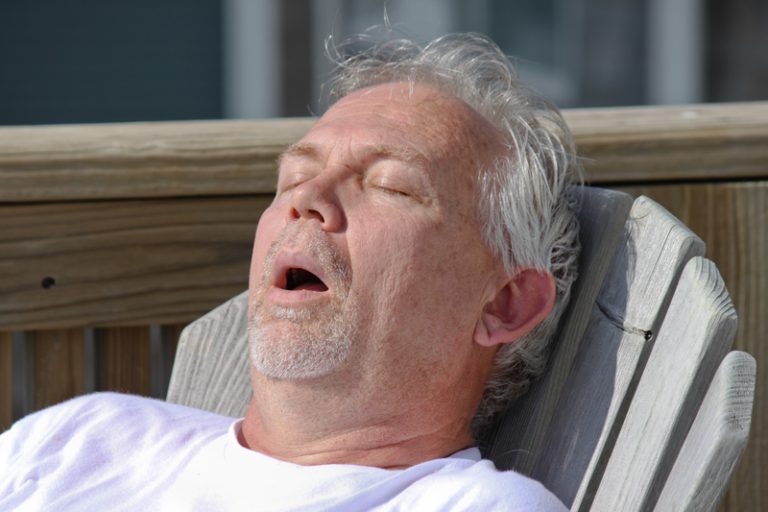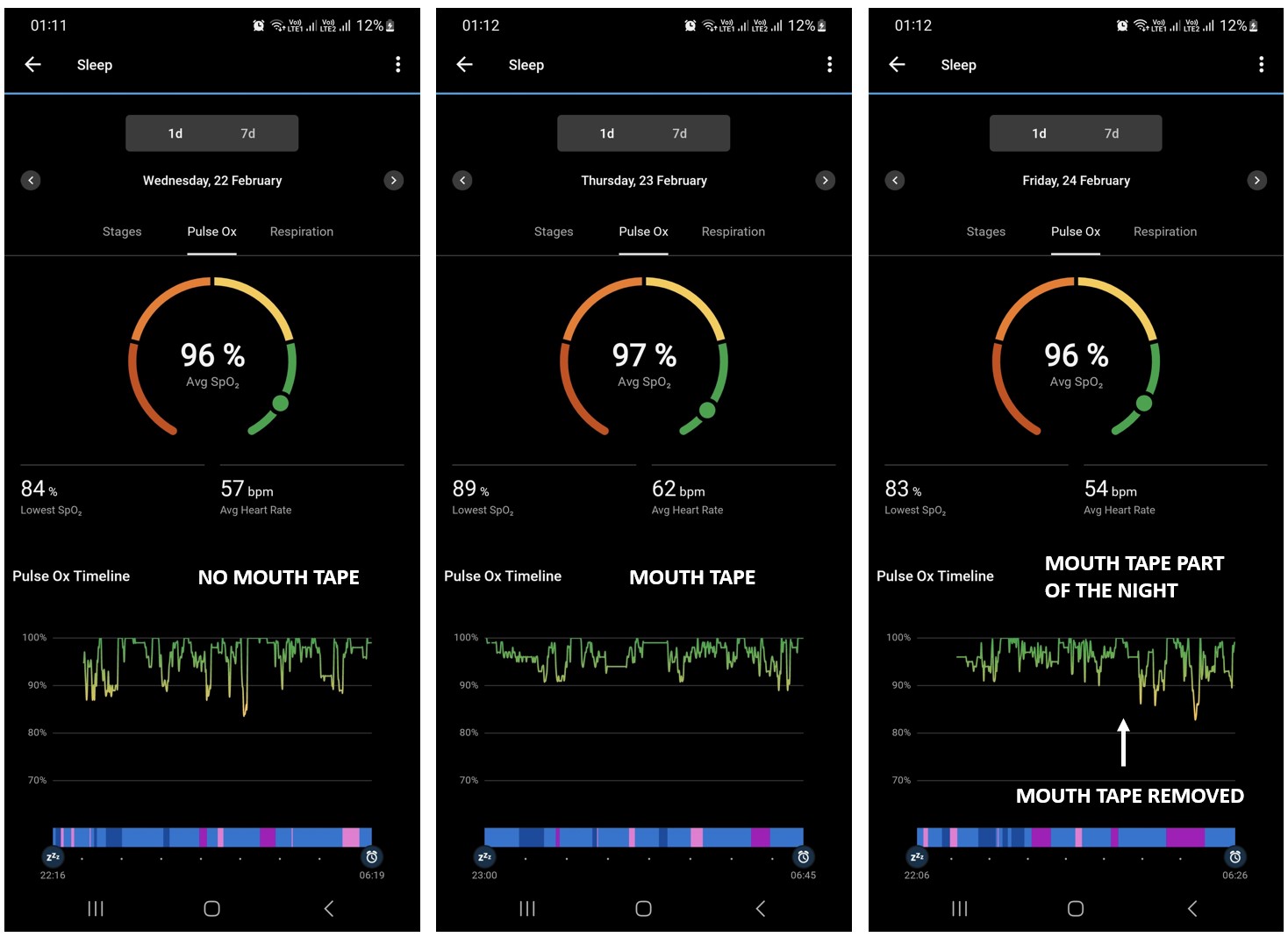
Why is mouth breathing, especially during sleep, bad for you?
Mouth breathing during sleep can have various negative effects on both oral health sleep quality and overall health. Here are some adverse issues:
Dry Mouth: Breathing through the mouth can lead to a dry mouth. Saliva plays a crucial role in oral health by helping to neutralize acids, fighting bacteria and cleansing the mouth. A chronic dry mouth can predispose to tooth decay, cavities and gum disease.
Bad Breath: The reduced water in saliva, associated with mouth breathing can lead to bad breath (halitosis) as bacteria and fungus thrive in a drier, stickier environment.
Respiratory Allergy and Infections: Dry air inhaled through the mouth can irritate the delicate lining of the respiratory tract, making you more susceptible to colds, sinus infections, and other respiratory infections. Furthermore, the nasal passages act as a natural filtration system, trapping dust, pollen, and other airborne particles. Therefore, nose breathing helps prevent these particles from entering the lungs and potentially flaring up allergy or causing respiratory infections.
Orthodontic and Facial Development: Persistent mouth breathing, especially in children, can affect facial and dental development. It may contribute to malocclusion (misalignment of the teeth) and orthodontic issues such as a wider jaw, a flatter midface with a high arched palate and an open mouth posture.
Sleep Disruption, Snoring and Obstructive Sleep Apnoea: An open mouth pushes the tongue back into the throat and narrows the airway. This causes noisy airflow with frequent sleep disturbance. If severe, it can lead to daytime fatigue, impaired concentration, and difficulty functioning at work or school. At its worst, mouth breathing may result in sleep apnoea with lowered oxygenation levels in your body.
Reduced Nitric Oxide Delivery: Nasally inspired air picks up nitric oxide (NO), a gas which is produced in the sinuses. Nitric oxide has various positive physiological functions, including dilation (opening) of blood vessels and improved oxygen utilisation. Mouth breathing bypasses the nose with consequent reduction of inhaled NO.
General Ear Nose and Throat Problems: Mouth breathing can contribute to a multitude of ear, nose and throat problems. For example, it may increase the risk of sinusitis, throat and tonsil infections; it can also contribute to eustachian tube dysfunction. Mouth breathing may exacerbate globus pharyngeus and chronic laryngitis.
Mouth Taping
You can change your quality of life very quickly by taking action to close your mouth during sleep and hopefully reversing many if not all of the above negative consequences.
The simplest way to do this would be to tape your lips with medical tape, specially designed to stick to your lips. This is commonly available in outlets such as Amazon.
Here’s an example of how effective this simple move can be. Below is a crude trace of my own oxygen saturation levels during my sleep. This was measured on my Garmin watch. You can clearly see the improvement in oxygen saturation levels with the mouth tape (second box). The oxygen saturation should ideally be greater than 90%.
However, taping the mouth this way will only work if your nasal passages are clear. To test this, start by trying to close/ tape the mouth when awake and increasing your tolerance by doing it during light exercise like a brisk walk. If you can’t, then you may need medical or surgical treatment to enable you to nose breath comfortably.

